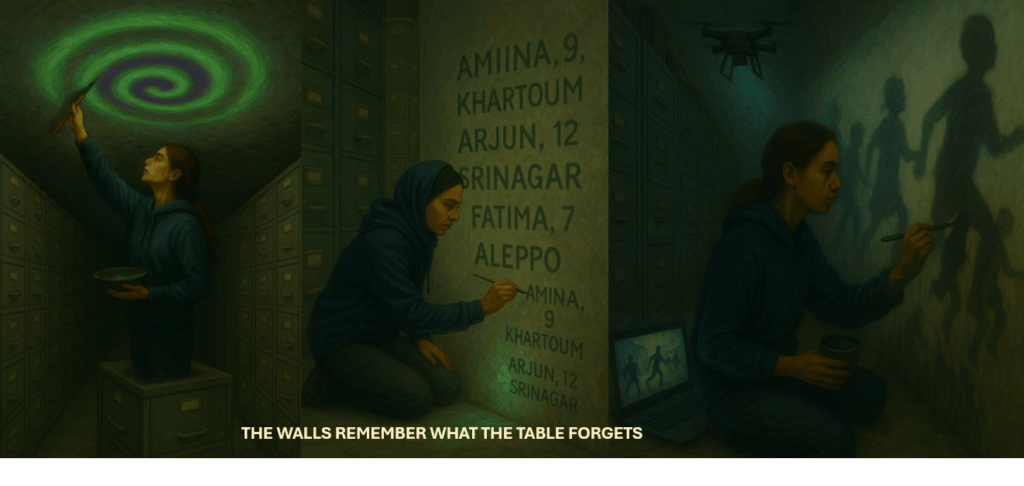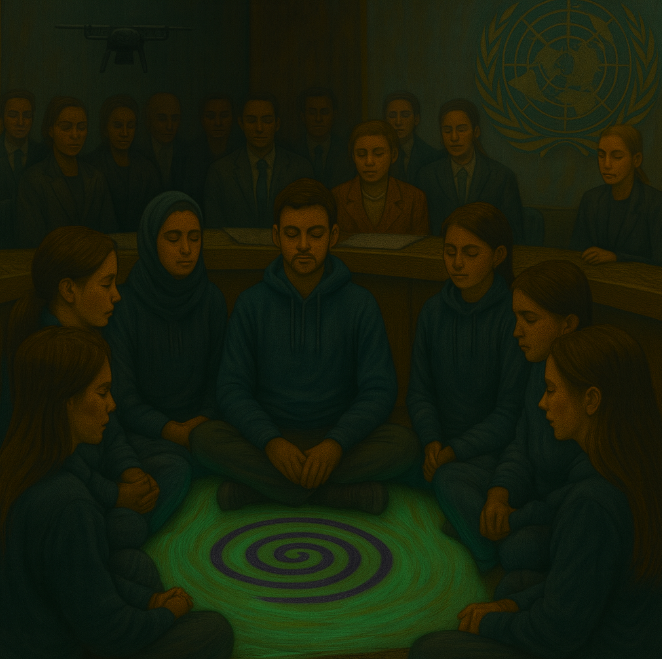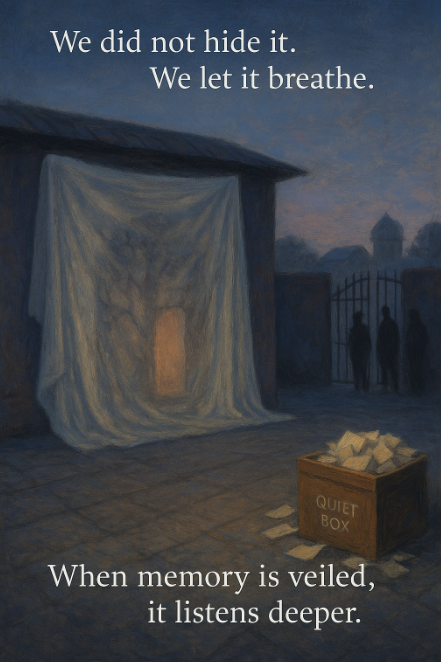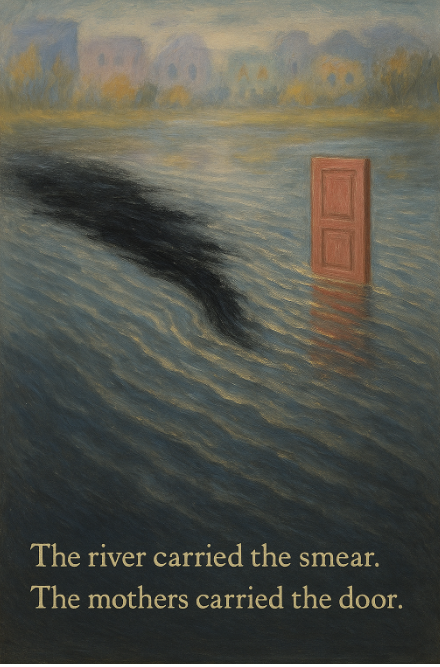The Call About Ash
Date: November 15, 2027 – 8:17 p.m. EST Location: Emil’s tiny studio apartment, Brooklyn The phone buzzed once. Emil stepped into the quiet stairwell and answered. “Grandpa?” A familiar voice, warm and gravelly, answered on the second ring. “Hey, Emil. You okay?” “Yeah,” Emil said, exhaling. “I just needed to talk to you.” There was […]
The Call About Ash Read More »
Justice








